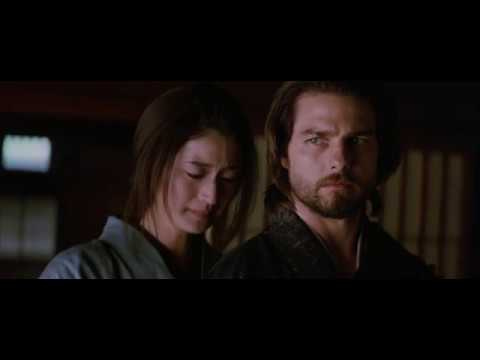How to Never Fail at Writing: Fiction Guide - How to Achieve Success in Writing: Capturing The Most Beautiful Sort of Dialogue - Love Confessions
You can buy Crown of Blood here or if you’re from the British Isles/Europe here .99 cents for the Kindle edition and 25$ for the paperback edition.
You can upgrade your subscription, to whatever suits your budget (it’s only 10$ for a full year’s subscription and 70$ for a founding subscription which is likewise on sale).
You can review any of our serials …



